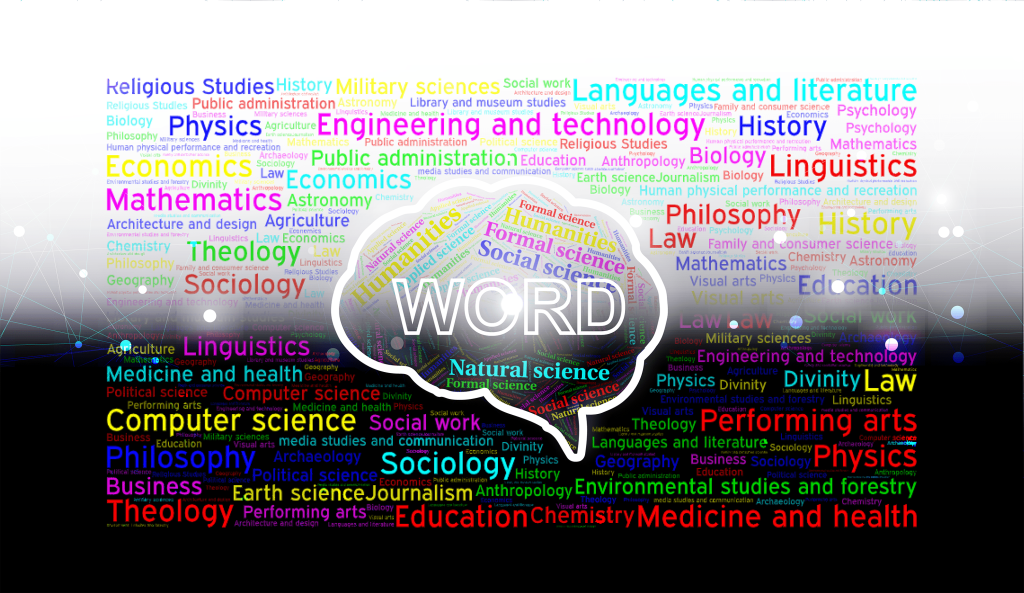
-
theory of truth
Truth is most often used to mean being in accord with fact or reality, or fidelity to an original or standard. Truth is also sometimes defined in modern contexts as an idea of “truth to self”, or authenticity.
-
Action theory
In sociology, action theory is the theory of social action presented by the American theorist Talcott Parsons.
-
Organizational theory
Organizational theory consists of many approaches to organizational analysis.
-
Grounded theory
A study based on grounded theory is likely to begin with a question, or even just with the collection of qualitative data.
-
Literary theory
Literary theory in a strict sense is the systematic study of the nature of literature and of the methods for analyzing literature.
-
Knowledge
Knowledge is a familiarity, awareness, or understanding of someone or something, such as facts, information, descriptions, or skills, which is acquired through experience or education by perceiving, discovering, or learning.
-
Attachment theory
Attachment theory is a psychological, evolutionary and ethological theory concerning relationships between humans
-
Constructivism
Constructivism is a theory in education that recognizes the learners’ understanding and knowledge based on their own experiences prior to entering school.
-
Critical theory
Critical theory is the reflective assessment and critique of society and culture to reveal and challenge power structures.
-
Pragmatism
Pragmatism is a philosophical tradition that began in the United States around 1870. Its origins are often attributed to the philosophers Charles Sanders Peirce, William James, and John Dewey.
-
Learning
Learning is the process of acquiring new understanding, knowledge, behaviors, skills, values, attitudes, and preferences.
-
Virtue
Virtue (Latin: virtus, Ancient Greek: ἀρετή “arete”) is moral excellence. A virtue is a trait or quality that is deemed to be morally good and thus is valued as a foundation of principle and good moral being.
-
Management
Management (or managing) is the administration of an organization, whether it is a business, a not-for-profit organization, or government body.
-
Truth
Truth is most often used to mean being in accord with fact or reality, or fidelity to an original or standard. Truth is also sometimes defined in modern contexts as an idea of “truth to self”, or authenticity.
-
Motivation
Motivation is the experience of desire or aversion (you want something, or want to avoid or escape something). As such, motivation has both an objective aspect (a goal or thing you aspire to) and an internal or subjective aspect (it is you that wants the thing or wants it to go away).
-
Systems theory
Changing one part of a system may affect other parts or the whole system. It Systems theory is the interdisciplinary study of systems.

